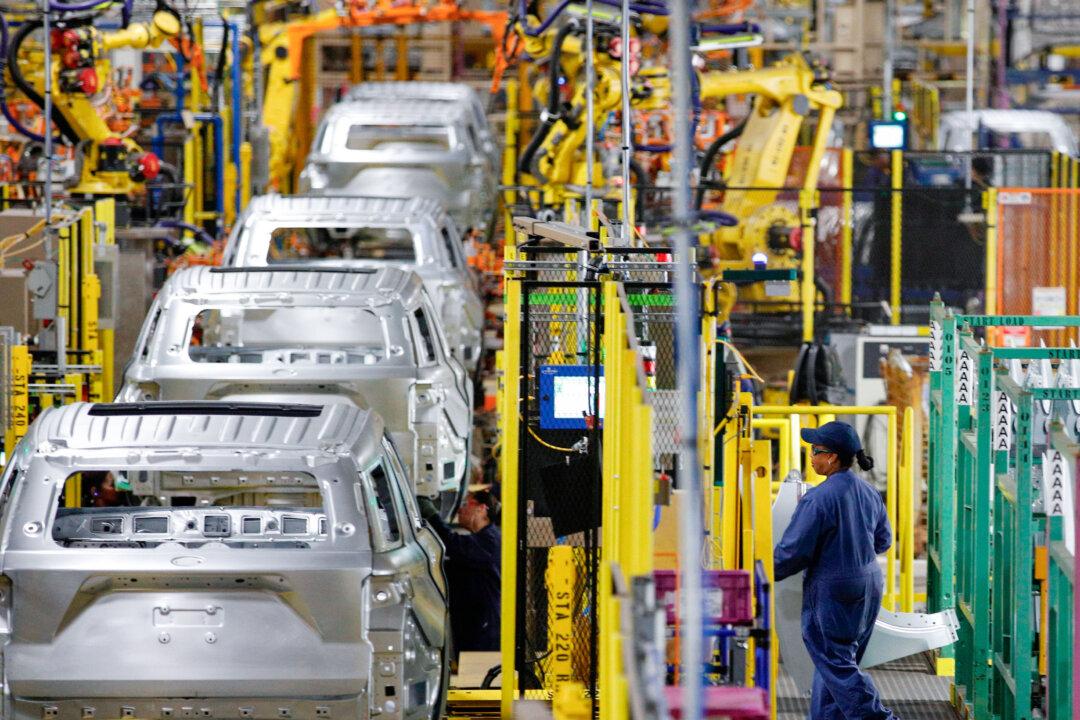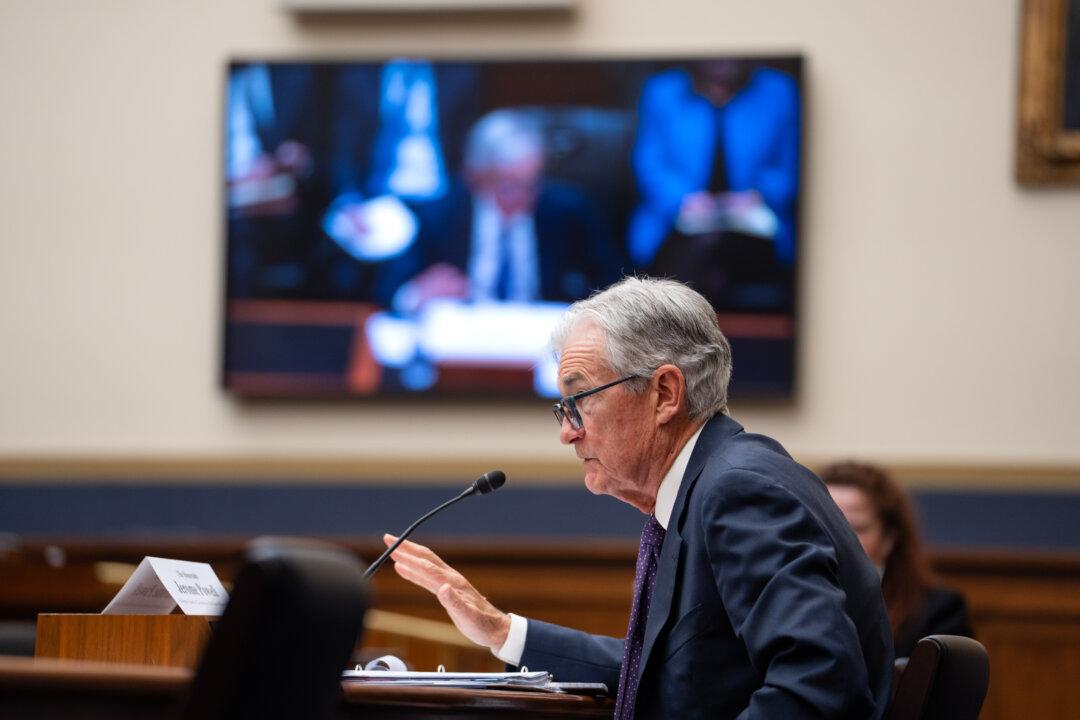
Yellen had met with various officials from the Federal Reserve, FDIC, and California regulatory agencies following her appearance in front of the House Ways and Means Committee hearing.
“All insured depositors will have full access to their insured deposits no later than Monday morning, March 13, 2023,” the federal agency said in a statement. “The FDIC will pay uninsured depositors an advance dividend within the next week. Uninsured depositors will receive a receivership certificate for the remaining amount of their uninsured funds. As the FDIC sells the assets of Silicon Valley Bank, future dividend payments may be made to uninsured depositors.”
Because many of SVB’s customers are small businesses, there are widespread fears that these companies may be unable to pay their employees in the coming days. As a result, there is speculation that the FDIC could employ extraordinary measures and financially assist affected firms with their payrolls.
Contagion?
Larry Kotlikoff, a renowned economist and professor of economics at Boston University, is concerned about a potential contagion coming into effect.“Leveraged banking survives on confidence and successive failures means further and further loss of confidence. This is why bank failures happen serially not simultaneously,” he wrote. “The weakest banks fail first, then the next weakest, and off we go. And failures in one country rattle lenders in another.”
Billionaire hedge fund manager Bill Ackman argued in a comprehensive tweet that the federal government will have 48 hours to remedy “a soon-to-be-irreversible mistake.” The global financial market has learned that an uninsured deposit is nothing more than “an unsecured illiquid claim on a failed bank,” Ackman said.
Critics assert there should be no use of taxpayer money to finance a bailout of SVB, but Anthony Scaramucci believes it is “about stopping contagion and protecting the system.”
Whatever option is chosen, the U.S. Chamber of Commerce urged the White House to employ swift and effective measures, including a “quick acquisition, guaranteeing all bank depositors have access to their cash.”
“The bank’s depositors, including a high concentration of businesses in the technology sector and startup ecosystem, need certainty that they will be able to access their cash. This will allow businesses to make payroll, pay their rent, and still keep an eye towards growth,” said Tom Quaadman, Executive Vice President of the U.S. Chamber of Commerce’s Center for Capital Markets Competitiveness.
The 48-hour demise of SVB is a tale confirming that the financial institution was not “really prepared for long-tail risks,” says Sandy Fliderman, the CTO at Industry FinTech, a financial technologies firm that supports startups that depend on venture capital.
“There is no knowing if the management team at SVB violated any rules or operated improperly,” Fliderman told The Epoch Times. “We may only learn over time what really transpired there. But, if SVB or any other similar firm would embrace the functions that help define a quality, compliant organization, then maybe the seemingly instantaneous collapse may not have happened as quickly and have been as such a shock.”
SVB played a critical role in the technology startup industry, serving thousands of startups. It became the largest U.S. bank failure since Washington Mutual in 2008.





